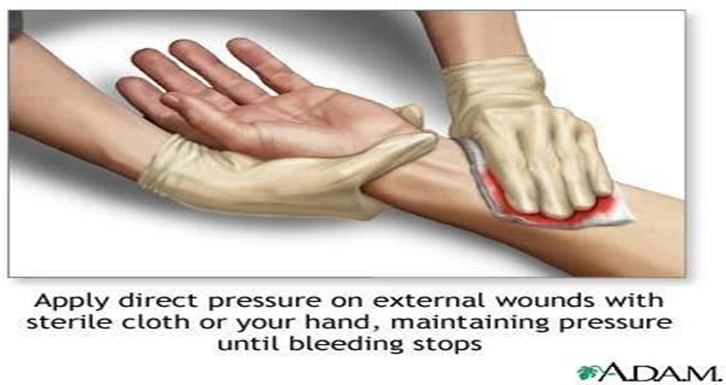A nurse is obtaining a health history from a child who has suspected acute rheumatic fever. Which of the following questions should the nurse ask?
"Was your son born with this cardiac defect?"
"Has your child had any injuries recently?"
"Have you given your child aspirin in the past 2 weeks?"
"Has your son had a sore throat recently?"
The Correct Answer is D
A. This question is not relevant to the assessment for acute rheumatic fever. ARF is not a congenital cardiac defect but rather an acquired condition resulting from an abnormal immune response to a streptococcal infection.
B. Injuries are not typically associated with the development of acute rheumatic fever. ARF is primarily triggered by an untreated or inadequately treated streptococcal infection, particularly streptococcal pharyngitis.
C. Aspirin use is not a specific question related to the assessment of acute rheumatic fever. Aspirin therapy may be indicated for managing symptoms of ARF, but it is not a diagnostic criterion for the condition.
D. Acute rheumatic fever (ARF) is an autoimmune condition affecting the heart, joints, skin, and central nervous system. It follows an untreated or inadequately treated group A streptococcal infection, particularly streptococcal pharyngitis (strep throat).
Nursing Test Bank
Naxlex Comprehensive Predictor Exams
Related Questions
Correct Answer is B
Explanation
A. Applying pressure to the bleeding site helps control minor bleeding episodes in individuals with hemophilia by promoting clot formation and reducing blood flow.

B. Applying heat to a bleeding site is not recommended for individuals with hemophilia. Heat can dilate blood vessels, increasing blood flow and potentially worsening the bleeding.
C. Elevating the affected part above the level of the heart can help reduce blood flow to the area and minimize swelling.
D. Rest is important during a bleeding episode to minimize movement and reduce the risk of further injury or bleeding.
Correct Answer is A
Explanation
Notifying the provider allows for assessment of the situation, possibly perform a medical evaluation to determine if the bruises are of medical concern, and decide on further actions.
B. Ask the toddler what caused the bruises is not always reliable to provide information of sensitive issues. However, asking them can sometimes provide useful information.
C. Ask the parents what caused the bruises may mislead the team as the parents may lie about the bruises if they are perpetrators of child abuse.
D. Notification of social service is important in suspected cases of neglect or abuse. However, this should follow assessment by the provider
Whether you are a student looking to ace your exams or a practicing nurse seeking to enhance your expertise , our nursing education contents will empower you with the confidence and competence to make a difference in the lives of patients and become a respected leader in the healthcare field.
Visit Naxlex, invest in your future and unlock endless possibilities with our unparalleled nursing education contents today
Report Wrong Answer on the Current Question
Do you disagree with the answer? If yes, what is your expected answer? Explain.
Kindly be descriptive with the issue you are facing.
